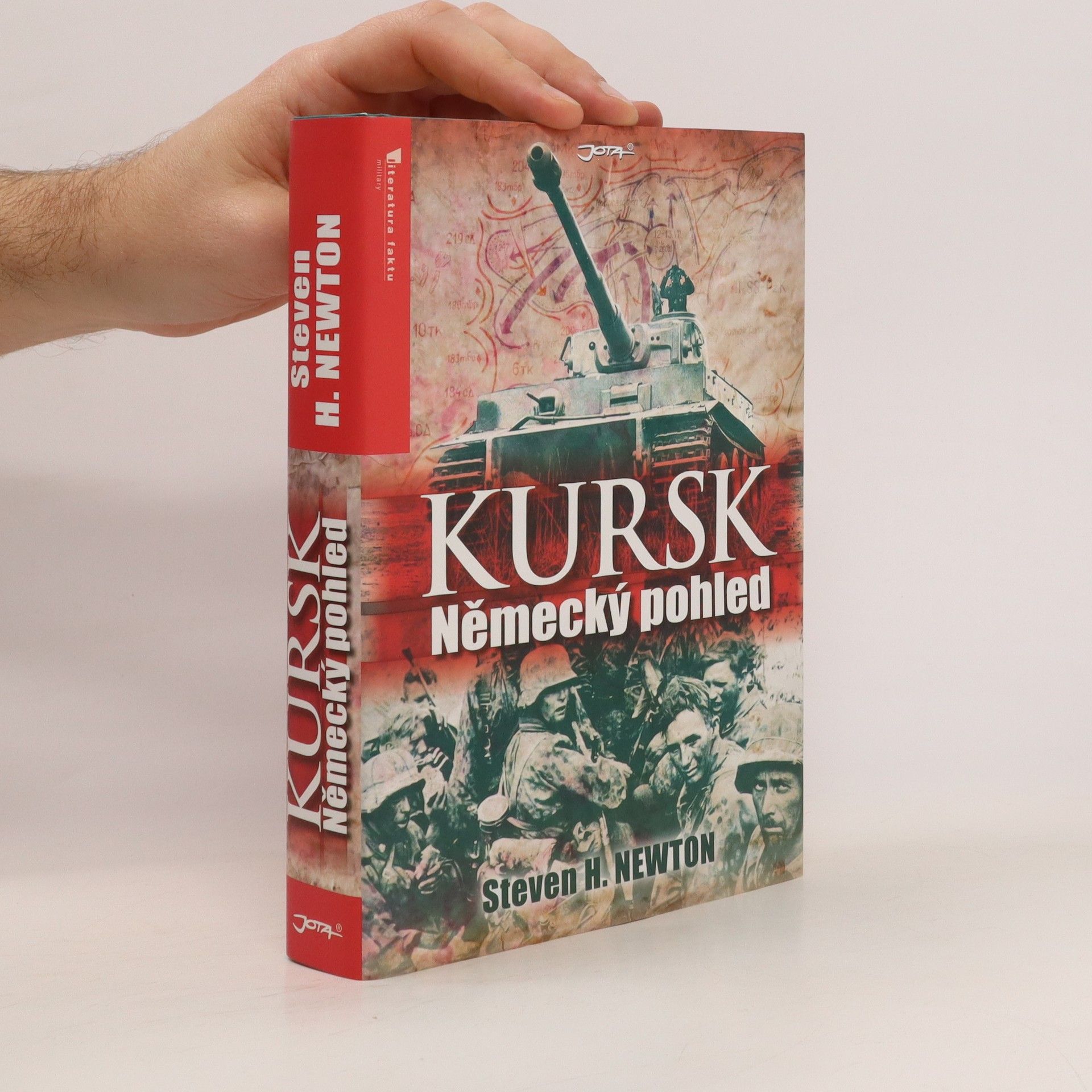Kursk. Německý pohled
- 517pages
- 19 heures de lecture
V knize Kursk s podtitulem Německý pohled je objevným způsobem zpracována největší tanková bitva druhé světové války. Odehrála se v ruské stepi nedaleko města Kursk, podle kterého nese název. Autorem je renomovaný historik Steven H. Newton. Kniha obsahuje jedenáct pojednání se zcela novými, dosud nezveřejněnými údaji. Byla vypracována na základě poválečného historického programu, který financovala americká armáda. Ke spolupráci byli přizváni vysocí důstojníci wehrmachtu a luftwafe. Autor, či spíše editor, Steven H. Newton knihu zpracovanou z německého úhlu pohledu, doplnil poznámkami a pečlivě seřadil všechny části do detailní analýzy bitvy. Sám napsal čtyři studie zahrnuté do textu, ve kterých se nevyhýbal nejspornějším a kontroverzním otázkám.

